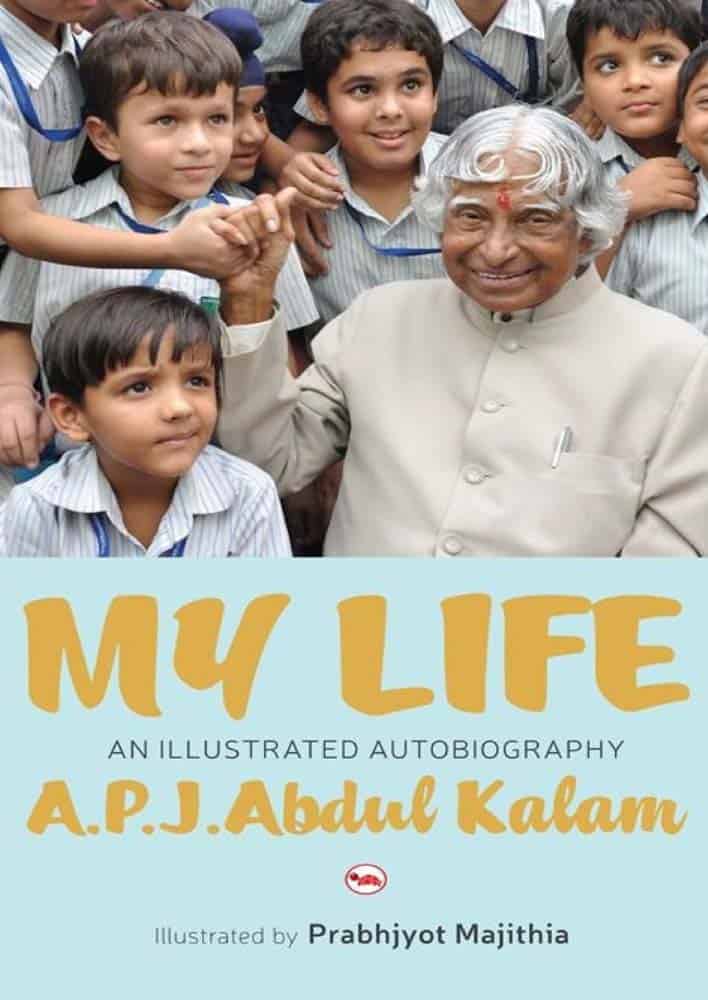

His term began on July 25, 2002, and ended on July 25, 2007. From 2002 to 2007, Kalam presided as India's eleventh president.

On 18 June, Kalam filed his nomination papers in the Indian Parliament, accompanied by Prime Minister Vajpayee and his senior Cabinet colleagues. Narayanan made the decision to withdraw from the election for a second term just after Samajwadi Party declared its support for Kalam. On June 10, 2002, the then-government National Democratic Alliance (NDA) announced that Kalam would be appointed president, and both the Samajwadi Party and the Nationalist Congress Party supported his candidacy. He began his career by creating a tiny hovercraft, but he wasn't persuaded to accept a position at DRDO. Kalam decided to join the Aeronautical Development Formation of the Defense Research and Development Organization (by Press Information Bureau, Government of India) as more than just a scientist after earning his degree from the Madras Institute of Technology in 1960 and joining the Defense Research & Development Service (DRDS). He is a highly experienced engineer and has achieved many successes in his career. He moved to Madras in 1955 to study aerospace engineering at the Madras Institute of Technology. Joseph's College in Tiruchirappalli and then affiliated with the University of Madras, from where he obtained his Physics in 1954 Professional degree. After completing his studies at Schwartz High School in Ramanathapuram, Karam went on to study at St.

He spent hours studying, especially mathematics. In school, Kalam had average grades but was known for being a bright and hardworking student who had a strong desire to learn. Kalam was the youngest of five siblings, with four brothers and one sister. Jainulabdeen Marakayar, his father grew up in a yachting family and worked as an imam at a nearby mosque. On October 15th, 1931, Avul Pakir Jainulabdeen Abdul Kalam was born to a Tamil Muslim family in Rameswaram island, presently in Tamil Nadu. He was also highly respected for his work in both India's space programme and missile development programme. His work helped advance nuclear science and technology. Dr Abdul Kalam was a key player in the second Pokhran nuclear test in 1998.


 0 kommentar(er)
0 kommentar(er)
